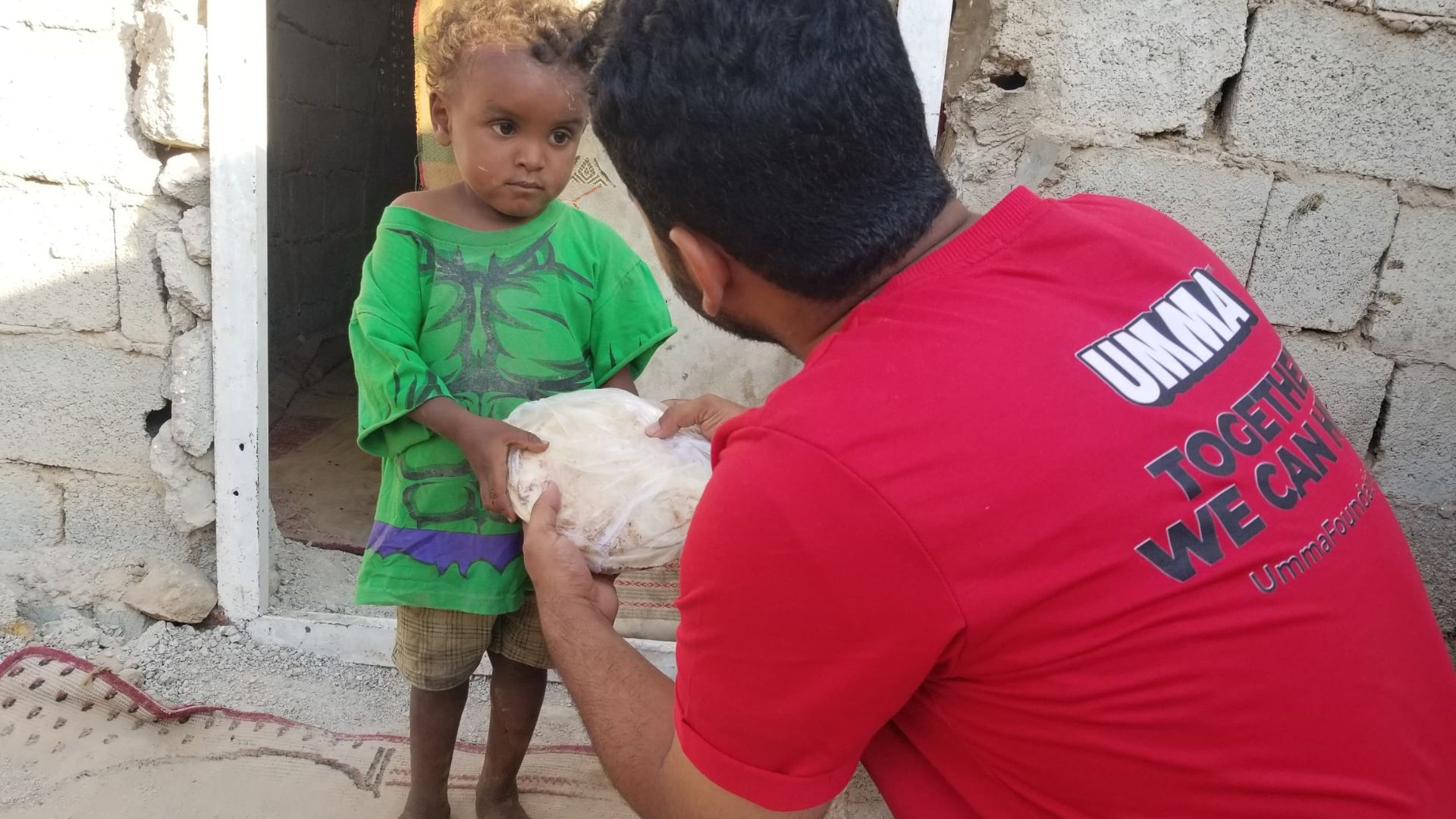Introduction
Before making a donation, it's essential to ensure the charity you're supporting is legitimate, transparent, and effective. With hundreds of thousands of nonprofits in the U.S. alone, doing a quick verification can help you make an informed choice that truly helps those in need.
This guide will walk you through how to verify a charity’s status, track record, and transparency — and how to avoid fraud.
Why Verification Matters
Donors want to know their money is going to have a real impact — not administrative waste or scams. Verifying a charity ensures:
- It’s legally registered as a nonprofit (usually 501(c)(3) in the U.S.)
- Donations are tax-deductible
- Funds are used efficiently and ethically
- You avoid falling for misleading or fake organizations
"Trust is the foundation of all giving. Verification builds that trust." – Nonprofit Times
Step 1: Check IRS 501(c)(3) Status
The most important check: make sure the organization is legally recognized.
✅ Use the IRS Tax Exempt Organization Search to:
- Confirm 501(c)(3) status (means your donation is tax-deductible)
- Check the organization’s legal name and EIN
- Review any recent revocations or issues
This is the first green light you want before donating.
Step 2: Use Trusted Rating Platforms
There are nonprofit watchdogs that collect, rate, and review charity operations, finances, and transparency. The most reliable:
- Charity Navigator — Rates charities based on financial health, transparency, and accountability.
- Candid (GuideStar) — Offers in-depth profiles of nonprofits, including IRS filings and staff.
- BBB Wise Giving Alliance — Verifies compliance with 20 standards of accountability.
These platforms give you a clearer picture of where your money goes.
Step 3: Review the Charity’s Website
A real charity will have a clean, professional website that includes:
- Mission statement and vision
- Board of directors and leadership team
- Financials or annual reports
- Real impact stories or program details
- Donation transparency (what your money does)
🚫 Warning signs:
- No contact info or office location
- Broken donation forms
- Generic or vague program descriptions
Step 4: Look for Independent Reviews & Press
Search online for:
- “[Charity Name] reviews”
- “[Charity Name] scam”
- “[Charity Name] lawsuit”
Check if the organization has received press coverage, partnerships, or endorsements. A good reputation often means good
Step 5: Trust Your Instincts — But Verify First
Even if a cause seems urgent or emotional, always take a moment to verify. Scammers often prey on disasters or crises to collect fake donations.
- Don’t donate via unknown links or DMs
- Never send gift cards or wire transfers
- Don’t trust an organization simply because it uses emotional imagery
FAQs About Verifying a Charity
Q: How do I know if my donation is tax-deductible?
A: Use the IRS search tool to confirm 501(c)(3) status. Only those charities qualify.
Q: Are platforms like GoFundMe safe?
A: They can be—but always verify the organizer. Many are personal fundraisers, not nonprofits.
Q: Can international charities be verified?
A: Look for international equivalents of IRS, Charity Navigator, or UN-recognized partnerships.
Support Verified Nonprofits Like Umma Foundation
At Umma Foundation, we’re proud to be a transparent, registered 501(c)(3) organization. Our donors support campaigns with measurable impact — from refugee food aid to emergency medical care.
✔ 100% tax-deductible donations
✔ Financial reports and donor updates
✔ Real results shared with every supporter











